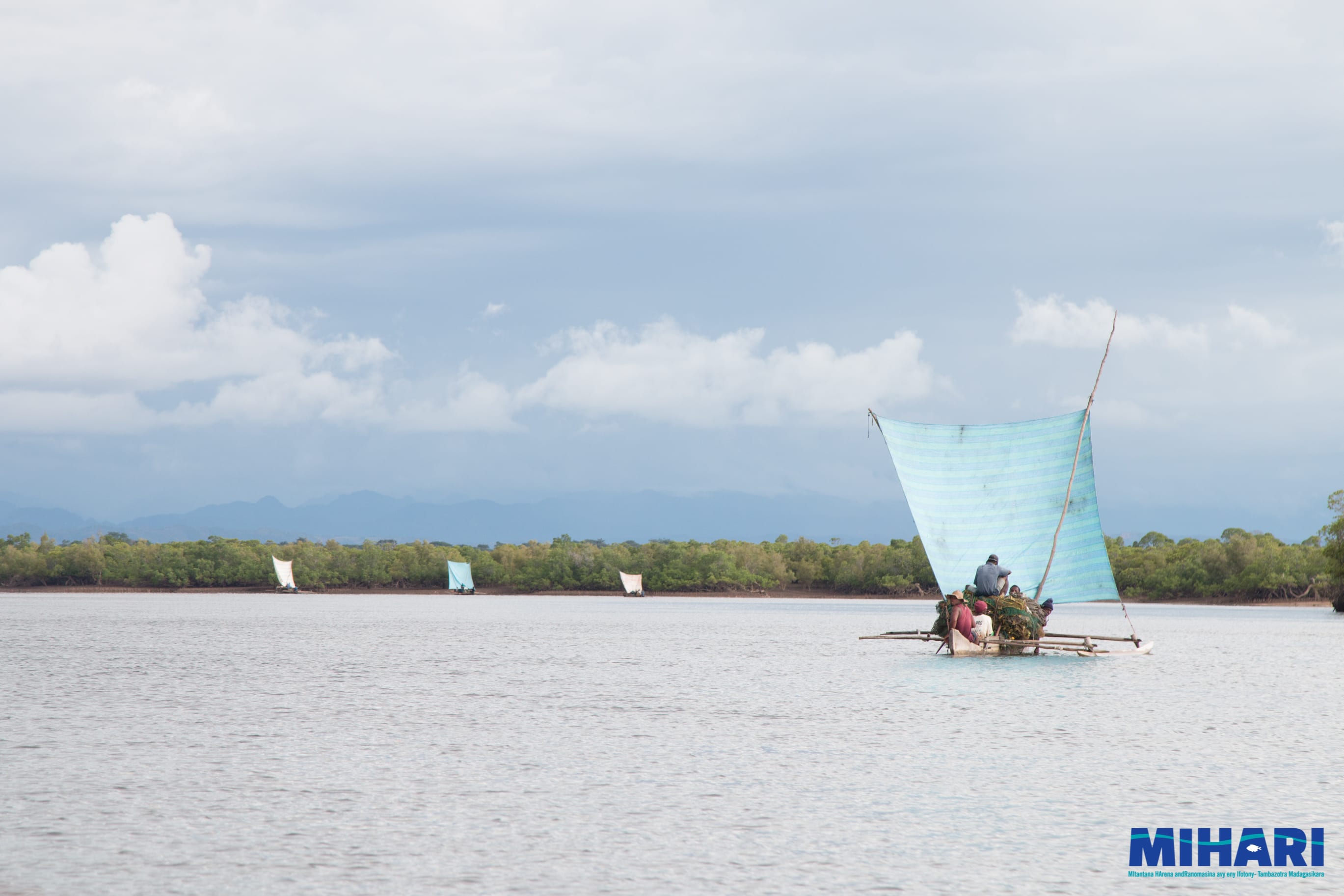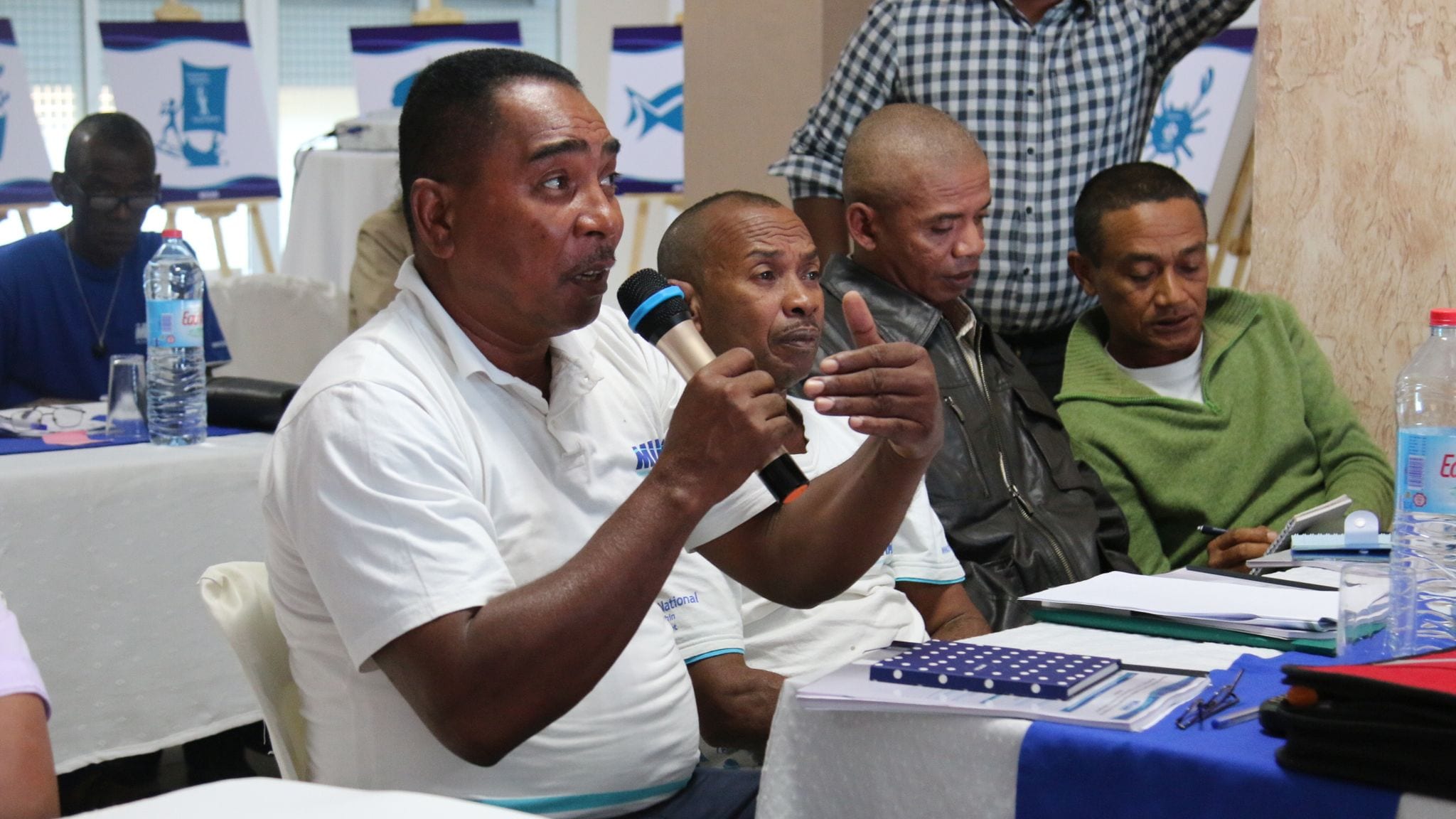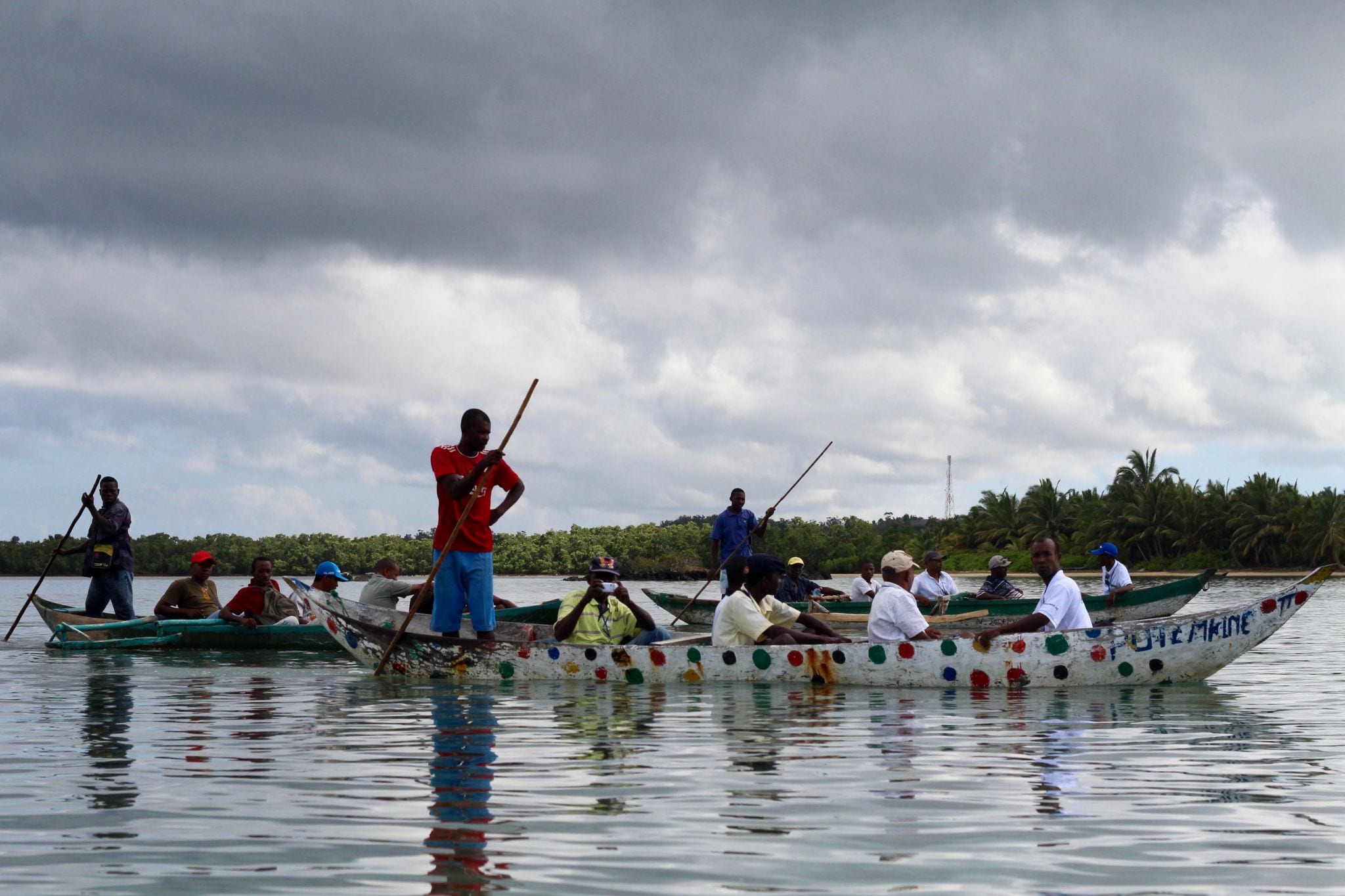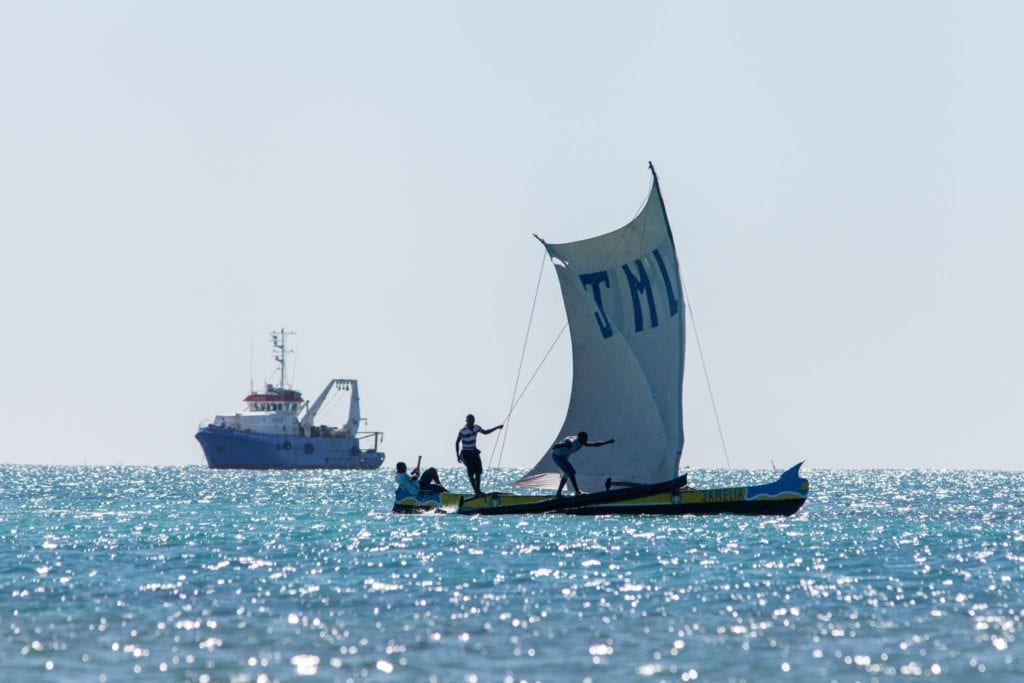On the 7 September, the MIHARI Network learned in the national press about the signing of a 2.7 billion dollar investment agreement two days earlier between the Malagasy Agency of Economic Development and Promotion of Enterprises (AMDP), and Taihe Century Investments Developments Corporation, a consortium of Chinese investors.
This agreement, which was presented as an initiative to develop Madagascar’s Blue Economy, will dedicate 700 million dollars to the creation of a fleet of 330 fishing vessels. The scale of this investment is without precedent in the island’s history. It is a great source of concern for our Network members and the entire fishing industry, especially as we have little information about the content of the agreement or the manner in which it will be implemented. This feeling is reinforced by the fact that the ministry responsible for the management of marine resources has confirmed that it has not yet been consulted over this agreement, and that no environmental impact study has yet been received by the National Office for the Environment.
In Madagascar, as in many other coastal countries, the fisheries sector is both a source of wealth for the country and a vital means of subsistence for the population. The sector accounts for 5% of GDP and 13% of exports, provides half a million jobs and underpins the food security for coastal communities, who are amongst the poorest and most vulnerable in the country. However, the fisheries sector already faces a multitude of challenges, including the depletion of fish stocks. Over the last few decades, small scale fishers have already seen a decline in catches, largely due to overexploitation.
In an interview with Hermany Emoantra, the President of MIHARI, he said: “the livelihoods of Madagascar’s coastal communities will be seriously threatened if they must compete with the potential catch capacity of these fishing boats. We mustn’t forget that with the arrival of just six industrial fishing boats in the Toliara region this year, some communities are already struggling to make ends meet. So, imagine what could happen with 330 boats – how will these people live, where will they go?”


According to Vatosoa Rakotondrazafy, the National Coordinator for MIHARI, “our mission is to promote sustainable management of the marine resources on which coastal communities depend for survival. Since we learned of this agreement, we’ve tried – in vain – to obtain more detail, as the implementation of this agreement could have irreversible impacts on an already fragile ecosystem. It’s incredible that a deal of this magnitude has been signed without any consultation.”
Amongst fishing communities, there is growing concern as news of this agreement spreads. Victorien Djorson, a fisherman from Analalava, in the Sofia Region of northern Madagascar, is dismayed: "Instead of signing contracts of this kind, our leaders should be protecting our marine resources, which are already fragile. I encourage MIHARI and all the other environmental organisations in Madagascar to inform fishers across the country so that we can mobilise against this contract. "
MIHARI will continue to work to ensure that the agreement is published in full and that the necessary impact studies are carried out urgently. That is why we have joined Transparency International Initiative Madagascar and other civil society organisations to denounce this opaque agreement and ask for clarity on its purpose and content.
- The press release from Transparency International initiative Madagascar, signed by MIHARI and our partners
- Facebook post by Transparency International initiative Madagascar
- The tweet from Transparency International initiative Madagascar
- An online petition for the cancellation of this agreement

Related articles:
Madagascar Agrees To A 10 Year Fisheries Agreement With Chinese Consortium - Stop Illegal Fishing
Madagascar Agrees To A 10 Year Fisheries Agreement With Chinese Consortium - CFFA-CAPE

